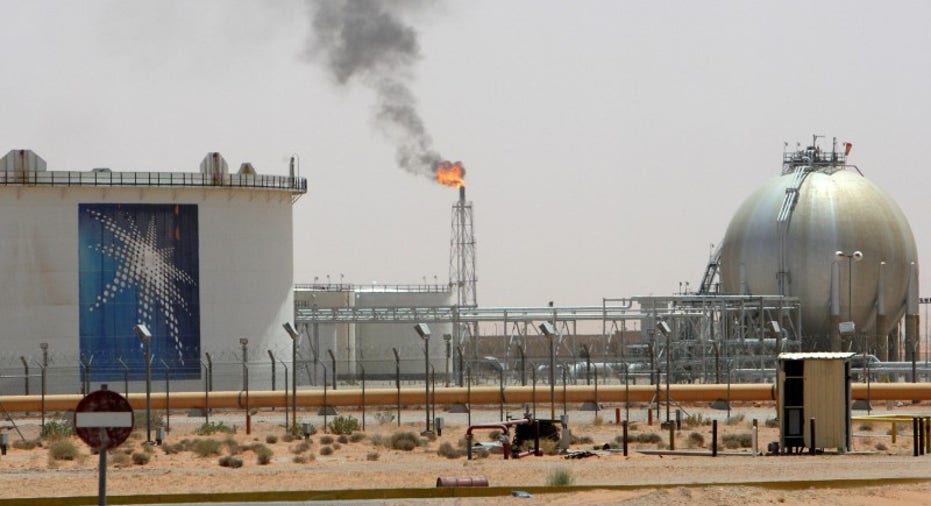Extraordinary steps may be needed in 2018 to rebalance oil market: OPEC's Barkindo

OPEC and other oil producers may need to take “some extraordinary measures” next year to rebalance the oil market, the OPEC secretary-general said on Sunday.
“There is a growing consensus that ... a rebalancing process is under way. We are gradually but steadily achieving our common and noble objectives,” Mohammad Barkindo told reporters at the India Energy Forum organized by CERAWeek in New Delhi.
“To sustain this into next year, some extraordinary measures may have to be taken in order to restore this stability on a sustainable basis going forward,” he said, without elaborating.
Saudi Arabia and Russia helped secure a deal between the Organization of the Petroleum Exporting Countries and 10 rival producers to cut output by about 1.8 million barrels per day (bpd) until the end of March 2018 in an effort to reduce a glut.
Barkindo said consultations were under way for the extension of the OPEC-led pact beyond March 2018 and that more oil producing nations may join the supply pact, possibly at the next meeting of OPEC in Vienna on Nov. 30.
He also said that Nigeria and Libya, who are exempted from the pact, “are making progress towards full recovery” of production, after which they could join the OPEC-led agreement.
Oil futures fell more than 2 percent on Friday, ending Brent crude’s longest multi-week rally in 16 months as oversupply concerns reappeared as producers have started hedging future drilling. [O/R]
But Barkindo said he was not worried about the rise in U.S. shale oil and gas output.
“It is a big market and demand is very strong. Between the first half and second half this year, demand growth is almost about 2 million barrels (per day), which is very robust,” he said. “So everybody has a role to play.”
On Friday, Saudi Energy Minister Khalid al-Falih said he hoped to reach a consensus with Russia and other major oil producers on the future of the deal before November’s meeting.
Falih was speaking in Moscow two days after Russian President Vladimir Putin said it was possible that the supply reduction deal could run to the end of next year, although Russia has not made any commitment.



















